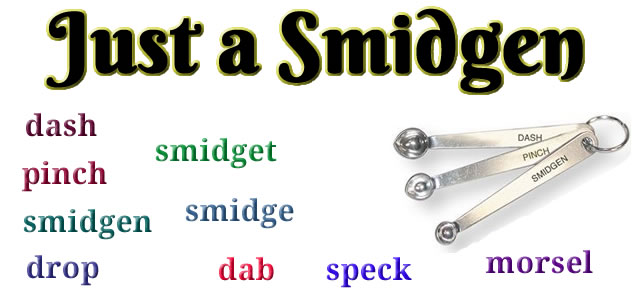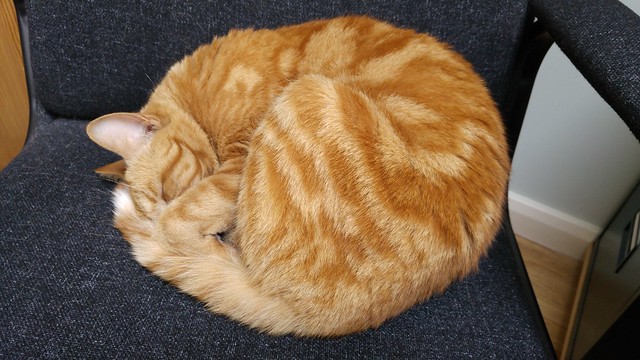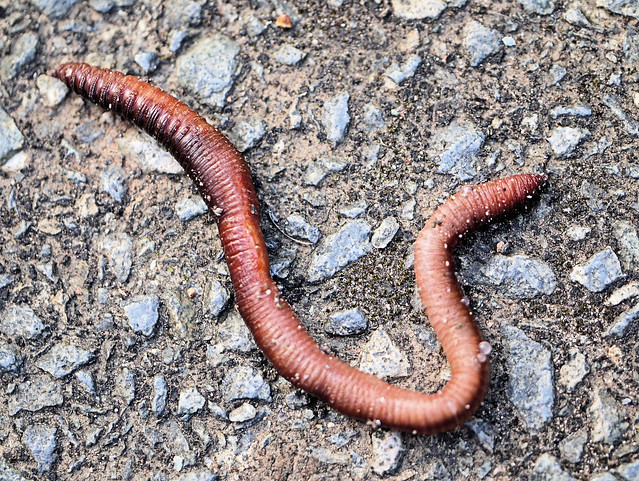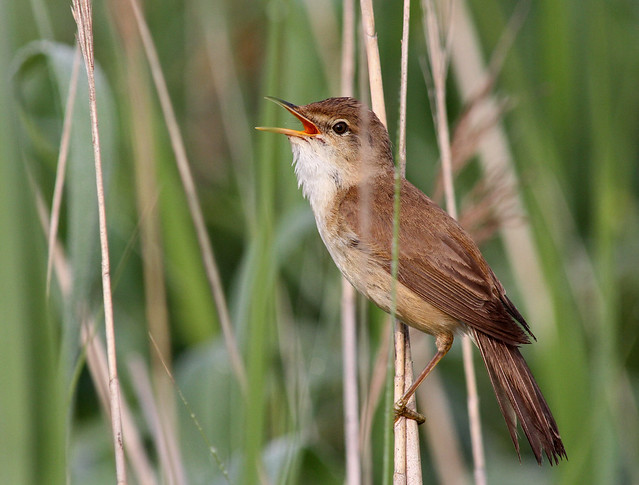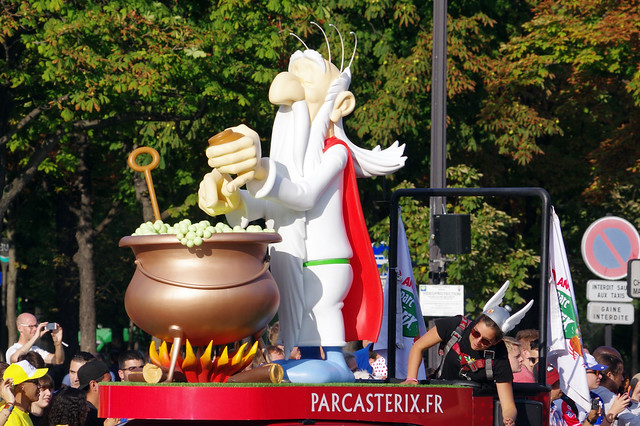Do you like to go on a little jaunt? Maybe you do now, but in the past, maybe not so much.

a jaunting car going for a jaunt
Jaunt is [ˈdʒɔːnt / dʒɑnt] refers to a short excursion for pleasure or refreshment, a ramble or a short journey; and to jaunt means to ramble here and there, to stroll or to make an excursion [source].
In the past it meant a wearisome journey, to jolt or jounce, to ride a jaunting car, or to tire a horse by riding it hard back and forth. That doesn’t sound like so much fun.
To jounce means to jolt or shake, especially by rough riding or by driving over obstructions. It is possibly a blend / portmanteau of jolt and bounce [source].
A jaunting car (see photo above) was a kind of low-set horse-drawn open vehicle, used in Ireland, in which the passengers ride sideways, sitting back to back. They are still used to give rides to tourists in some places, apparently, and the name is used for similar horse-drawn passenger vehicles [source].
The origins of jaunt are uncertain – it’s possibly a version of daunt (to discourage, intimidate, overwhelm), which comes from Middle English daunten (to subjugate, overwhelm, domesticate), from Old French danter, donter (to tame), from Latin domitō (to tame), from domō (to tame, conquer), from Proto-Italic *domaō (to tame, subdue), from Proto-Indo-European *demh₂- (to domesticate, tame). [source].
Related words may include jaunce (to prance, frolic, jolt shake; a jaunt) in English [source], and jaunder (gossip, to talk idly) in Scots [source].
Incidentally, the word jaunty, which means airy, showy, dapper, stylish or ostentatiously self-confident, is not related to jaunt. Instead, it’s related to gentle, genteel and gentry, and comes from French gentil (helpful, kind, pleasant), from Old French gentil (noble, courteous), from Latin gentīlis (belonging to the same family, tribe, clan, etc), from gēns (clan, tribe), Proto-Italic *gentis, from Proto-Indo-European *ǵénh₁tis (birth, production) from *ǵenh₁- (to produce, beget, give birth) [source].


